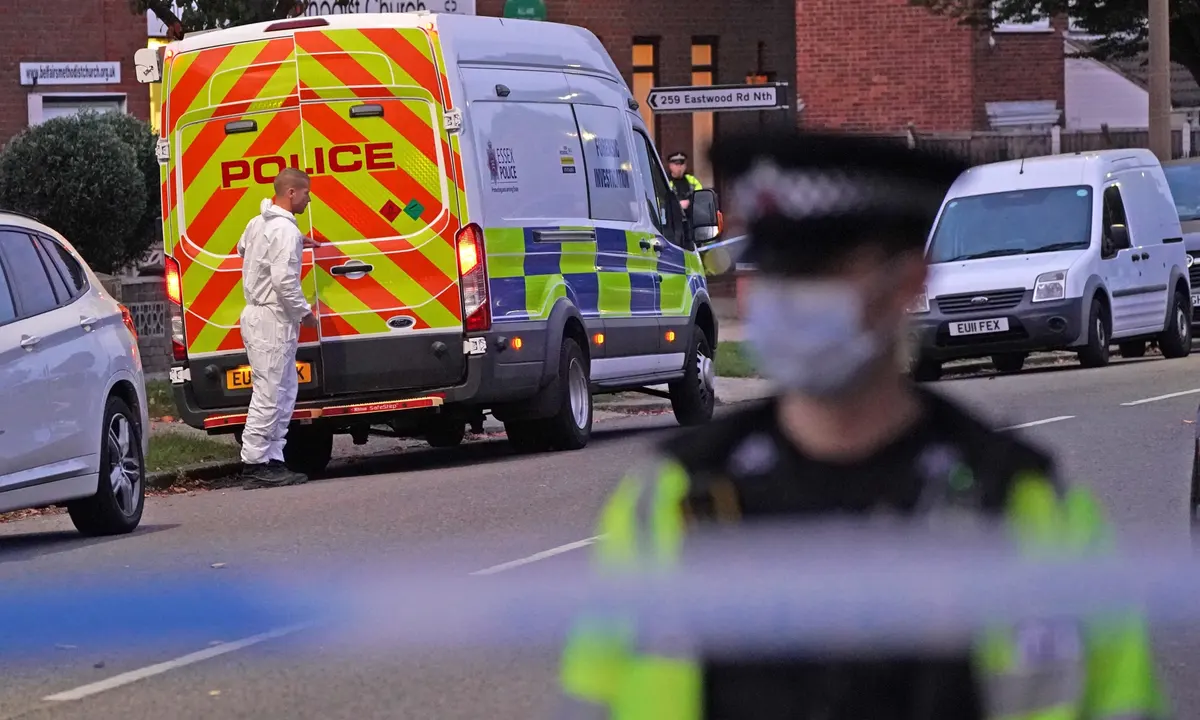UK (Parliament Politic Magazine) – A senior Cabinet minister, Deputy Prime Minister Oliver Dowden, has issued a warning about the pressing need for Britain to protect its MPs and other high-profile figures from potential assassination attempts. This cautionary statement comes as the Government releases a new dossier highlighting the risks faced by the country.
The recently published threats register, compiled by the Cabinet Office, identifies such an attack as one of the most “likely” risks confronting the nation. Mr Dowden emphasized the importance of relying on the security agencies and the police to assess these risks. He lamented the unfortunate reality that, since his entry into Parliament in 2015, several politicians have tragically lost their lives due to assassinations.
It Is Vital To Ensure Safety Of Elected Representatives
In order to ensure the safety and security of our elected representatives and other prominent figures, it is imperative that we remain vigilant and take proactive measures to mitigate these risks. The Government’s publication of the threats register serves as a stark reminder of the gravity of the situation at hand.
The register highlights a grave concern regarding the threat of assassination towards public figures, estimating a probability of more than 25 percent. It emphasizes that these high-profile targets would be attacked due to their symbolic value, resulting in a profound psychological impact.
The register further states that such an attack would trigger significant public outrage, resonating both nationally and internationally. It would be perceived as an assault on our society and way of life, leading to heightened tensions within communities associated with the perpetrators and any countries or groups believed to support them.
UK Faces Other Critical Risks As Well
While the intensity of outrage may diminish over time, the memory of such an event is likely to endure across generations, with the focus of anger directed towards the perpetrators. Additionally, there may be initial and fleeting frustration regarding the inability to safeguard such prominent figures.
In addition to the assassination threat, the UK faces several other critical risks. These include the potential for a future pandemic, Russia’s ability to disrupt global energy supplies, and extreme weather events linked to climate change.
To assess the impact of each identified risk, factors such as potential loss of life and financial costs have been carefully evaluated. The likelihood of each risk has been determined through extensive data modeling and expert analysis.
The probability of a pandemic occurring now ranges from five to twenty-five percent, with the potential consequences being catastrophic. Weather-related events, such as heatwaves and storms, have impact assessments ranging from significant to moderate, with a likelihood of occurrence between one and twenty-five percent.
Read More: BVI Delegation Visits UK Parliament To Build Strong Relations
UK To Address Potential Risks
By addressing these risks and understanding their potential consequences, the UK can better prepare and mitigate the impact they may have on society and the nation as a whole.
According to the register, climate change has already changed the risk of certain types of extreme weather in the UK. There is evidence suggesting that the frequency and intensity of storms will likely increase in the future.
In light of Russia’s invasion of Ukraine, the 2023 list of public risks now includes the potential threat of disruption to global energy supplies. However, the likelihood and impact of this threat are relatively low, with assessments ranging from 0.2 percent to one percent and being considered “moderate.”
This latest register is the most transparent version since its initial publication in 2008, as it now shares previously classified information. Another potential threat that has been made public in the list is the malicious use of drones. However, similar to the disruption to global energy supplies, this threat also has low likelihood and impact ratings.
The UK faces several significant risks, including the potential for a future pandemic, Russia’s ability to disrupt global energy supplies, and extreme weather events linked to climate change. These risks have been carefully evaluated, taking into account factors such as potential loss of life and financial impact.
The probability of a pandemic occurring now stands at between five and twenty-five percent, and the consequences would be catastrophic. Assessments of weather-related events, such as heatwaves and storms, range from significant to moderate, with a likelihood of occurrence ranging from one to twenty-five percent.


